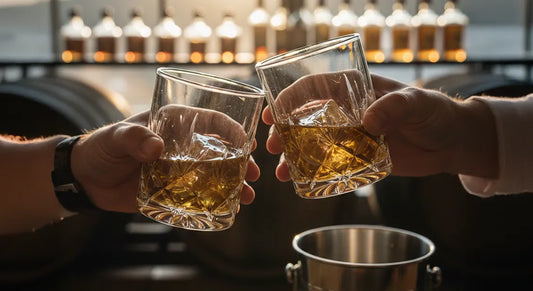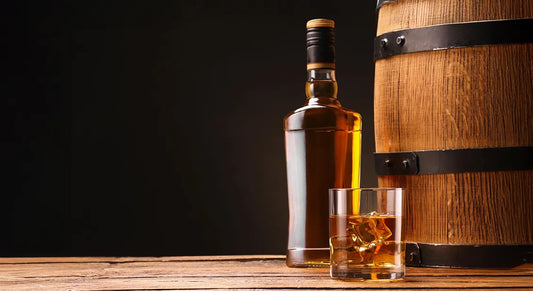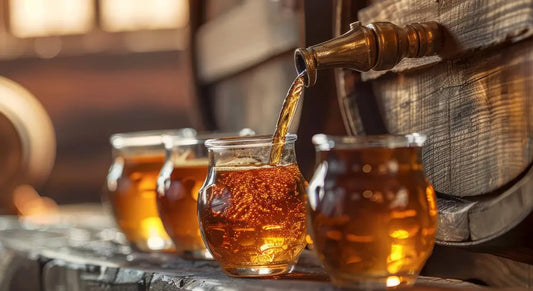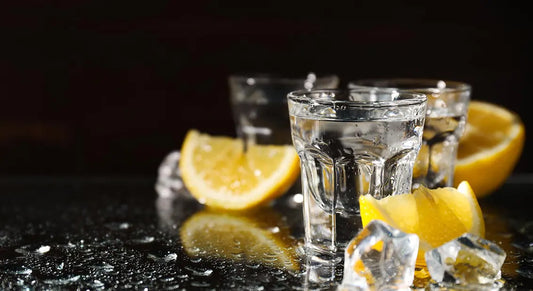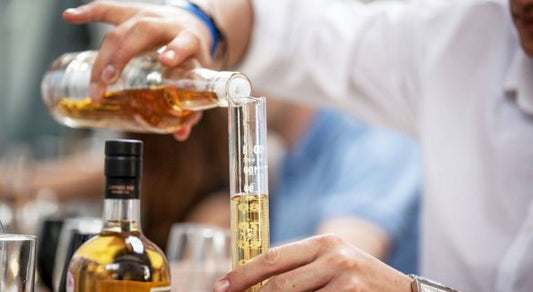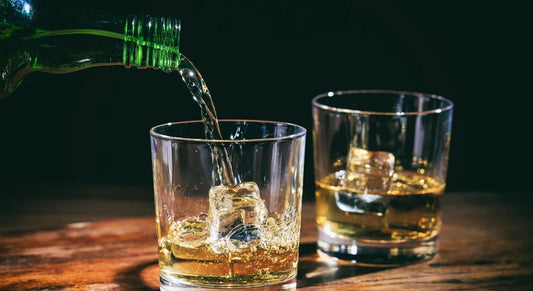
A Comprehensive Guide to Gin Terms
There are a lot of different terms that are used in relation to gin. Some of the most common ones include "dry gin", " London dry gin", "distilled gin", and "ginseng". As the popularity of gin increases, so does the need to know the proper terminology associated with the drink. This guide will provide you with a comprehensive list of gin terms, from common to more obscure, so that you can impress your friends and bartenders alike with your knowledge.
Once you've learned the lingo, you can buy gin online and experience these unique styles for yourself.
Base Spirit – A fermented and distilled organic liquor that acts as the ‘base’ for gin. Originally gin can be distilled from different grains, grapes and more, acting as the base spirit, which later botanicals are added.
Botanical – Botanicals are the natural elements such as seeds, roots and berries used in the production of gin to create the drink’s distinctive flavour. This flavour is added to gin by three main means: maceration, vapour, and distillation.
Craft gin – Craft gin alludes to making real and well-crafted gin. Meaning often, this gin is produced by specialists who are knowledgeable and zealous about creating high-quality and gin that is unique to the creator.
Distillation – A process that purifies liquid by vaporising and heating it, then collecting the vapour as it recondenses into liquid. Producing a distilled gin takes a two-step process – first, a base (neutral spirit) is made and then is flavoured by through re-distillation with botanicals.
Dry gin – Refers to there being no added (artificial) flavouring. Meaning that the flavours are all natural from the botanicals.
Flavoured gin – A flavoured gin is a gin that is dominated by a single flavour and usually takes on the colour of the main ingredient flavouring it.
Juniper – To lawfully define gin as gin, all gins must contain juniper. Juniper is an evergreen shrub that produces cones (look like berries) and this plant is used as the predominant botanical and flavour of gin.
London Dry Gin – A type of gin that is usually flowery and aromatic as the botanicals are added during the second or third distillation. It is the most widely available type of gin, and contrary to its name, it doesn’t have to be made in London.
Maceration – Maceration is the process of extracting flavours by crushing or muddling and infusing them with gin. Gin botanicals are soaked in strong alcohol in the still for a period.
Nose – The aroma of a gin.
Palate – The taste of a gin.
Try a gin tasting pack to sample a variety of gins and discover your new favourite style.
Plymouth – A type of gin that is dryer and more citrusy than other gins. It usually also has a spicier finish from the added botanicals. These gins finish makes it perfect for negronis and martinis.
Vapour Distillation – This process takes place when two or more immiscible liquids are heated and the vapour pressure created by this system increases. Due to the vapour pressure, two or more components are combined together.
Looking to up your gin game? Check out this comprehensive guide to gin terminology. From common terms to more obscure ones, you'll impress your friends and bartenders alike with your newfound knowledge.
